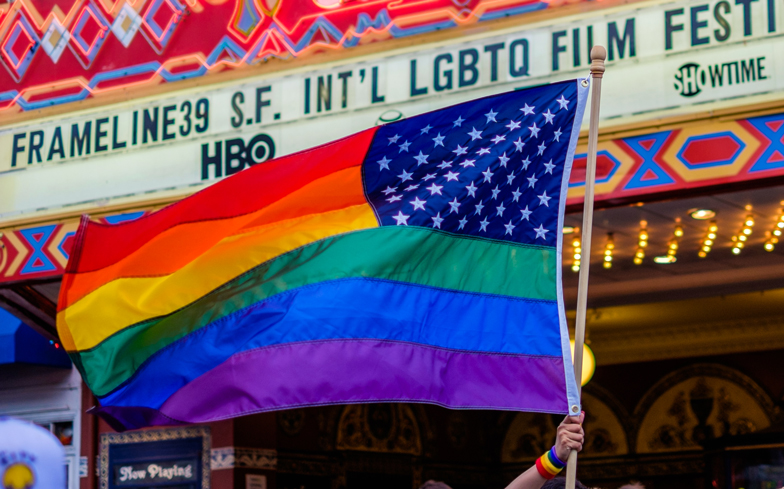
The proposed bill would have banned marriages if one of the potential spouses was under the age of 18.
The bill had received support from the non-profit organisation Unchained at Last, which found that last year, in the state of Tennessee, that involved children as young as ten. The state denies this figure.
However, despite the bill seeming pretty uncontroversial, the Majority Leader of the House, Glen Casada, has moved to send the bill to the summer study in the House Civil Justice Subcommittee. This is usually where bills are sent to die.
Giving reasoning for the move, Casada cited an email from a former state senator, David Fowler, who is now the president of the conservative Christian group, the Family Action Council of Tennessee.
In the email, Fowler said that if the bill went ahead it could affect a lawsuit he’s preparing to challenge the 2015 legalisation of same-sex marriage. Fowler also said that the ruling made all existing marriage licences null and void, and so if Casada outlawed child marriages, the state would have to recognise same-sex marriages.
Democrat Darren Jernigan, who proposed the bill, slammed the decision, saying: “Basically, what has happened is the Family Action Council wants to continue to let 13-year-olds get married in the state at the sake of their court case against same-sex couples.
“It’s disgraceful. I’m embarrassed for the State of Tennessee, and I can only pray that we bring this back next year and not let them get in the way.”
Meanwhile, last month, Republicans in South Carolina and Wyoming introduced a bill which would redefine same-sex marriages as “parody marriages”.
The proposed bill read: “A bill to amend the code of laws of South Carolina, 1976, by adding section 20-1-110 so as to enact the “Marriage and Constitution Restoration Act”; to define certain terms, including “parody marriage” and “marriage”; to provide that parody marriage policies are nonsecular in nature; to prohibit the state from respecting, endorsing, or recognizing any parody marriage policy or policies that treat sexual orientation as a suspect class; and for other purposes.”



